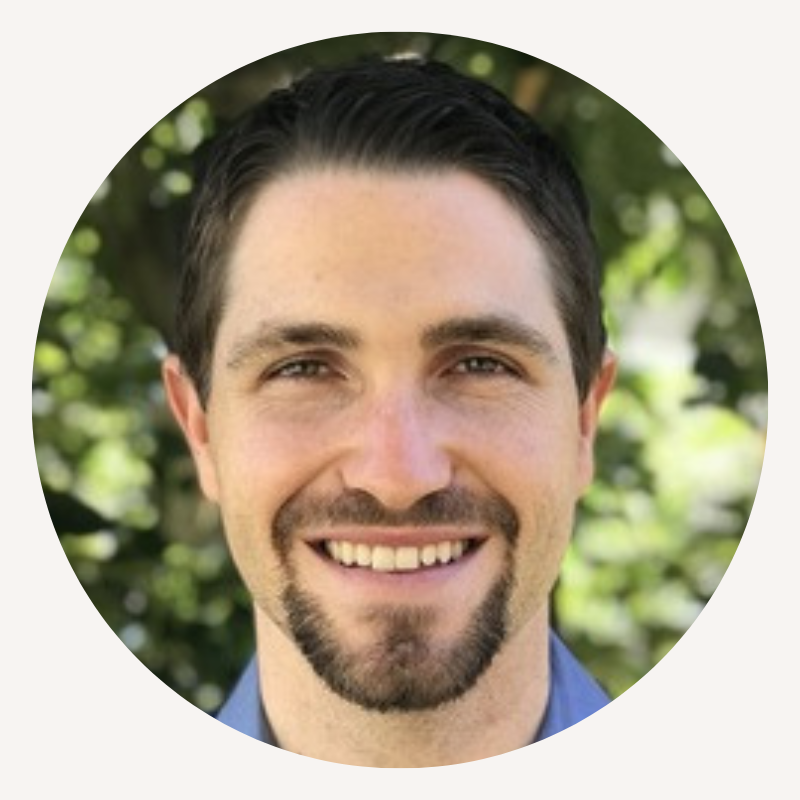Changing Your Attitude About Recovery
Changing Your Attitude About Recovery
When you think about recovering from anything whether it is a behavior or a substance, what comes to mind? Does it feel like a chore, or an opportunity? Does it feel like you are being forced to do it, or is it something you desire for your life? These are important questions because the way you think about recovery will greatly influence how you approach it, and what you can gain from it. Let’s take a look at how shifting some common ways of thinking can result in a tremendous difference.
Burden or Opportunity?
In my work I interact with some individuals who see setting up boundaries for themselves as a punishment. They might say “it’s annoying to have restrictions on my phone because I can’t even research a question I have.” Or, one might say “I hate having to message my partner multiple times a day because he/she doesn’t trust me.” While I can certainly understand the inconveniences that may come along with some of these practices, I also believe that thinking of these things in a negative light will lead you away from healing rather than towards it.
Instead of using negative language when it comes to your recovery, see if it makes a difference if you can put a positive spin on it. Instead of the first example above, you might say “having restrictions on my phone makes some things difficult, but I am glad this is even an option because it helps me remain in a healthy place.” Instead of feeling discouraged that your partner doesn’t trust you at the moment, you might say to yourself “I am thankful I get the opportunity to stick to my word each day about where I said I would be, and I believe communicating this to my partner regularly will build trust”. I encourage you to see how each of these statements feel in your body as you say them, and whether you notice a difference.
Avoiding Negative Behavior or Moving Towards Positive Behavior?
Many people in their recovery journey may only see the things they have to avoid. While it may be true that there are people, places, and situations you may need to stay away from, recovery is even more about moving towards practices that are good for you. Instead of being caught in a “can’t” way of thinking, consider all the enjoyable practices you get to do. Instead of saying “I can’t go here,” or “I shouldn’t think about that,” you might say, “I get to go to the gym every day and take care of my health instead of that place I get myself into trouble,” or “thinking about what I am thankful for feels so much better than going to old behavior and feeling loads of guilt.” Again, try this simple mindset shift and see if it changes anything for you.
Hopefully these shifts can help you change your attitude in recovery, so that you can see the growth opportunity you have before you. Recovery is not an easy journey, but it is well worth the effort. Please know you do not have to do this alone, and that having support along your path is absolutely needed. If you find yourself stuck and needing additional support outside of your current community, a therapist or a therapy group may be a good option for you. If you need assistance, please contact us at the Center for Integrative Change.
About the Author
Alex Primo is a licensed marriage and family therapist at the Center for Integrative Change. With training in EMDR and additional training in Emotionally Focused Couples Therapy, he finds great joy in helping men break out of the cycle of unwanted sexual behavior, and helping couples restore trust and intimacy. When he is not seeing clients, he enjoys playing board games with his family, learning magic tricks, and rooting for the Dodgers.


